Many music fans know Peter Buck from his days with the iconic rock group R.E.M. But more recently, the beloved guitar player has been collaborating with a number of other bands, from The Baseball Project to The Minus 5. Buck’s latest endeavor, however, is the new supergroup he’s formed with Barrett Martin, Duke Garwood, Alain Johannes, and Lisette Garcia.
Videos by American Songwriter
That new project, called Drink The Sea, is a beautiful amalgamation of all of its members’ styles and influences. Part jazz, part rock, part world music, the imaginative outfit is a dreamy-yet-pointed blend of song and sound. Their debut single, “Outside Again”, which you can check out below, heralds the band’s two debut albums that are set for release this fall (September 19 and October 3).
We caught up with Buck to ask about the origins of the group, how he is able to be part of so many bands, and what’s next for the blissful band Drink The Sea.
American Songwriter: Throughout your career, you’ve been very collaborative and very prolific. How does your history as a musician influence how you approach Drink The Sea?
Peter Buck: You know, Barrett [Martin] dragged me into it! I didn’t even really know what we were doing. But I’ve been playing with Barrett for years, and he just said, “Do you have any songs for this thing I’m working on?” And we got together and we were in Brazil and we recorded five or six things that I’d written. And I think everybody involved threw in several things that they were working on. And then we all overdubbed—we were never in the same room together. But everything I do is different. Sometimes I’m eye-to-eye with the person I’m writing songs with, suggesting melodies and lyrics. Sometimes I send off a track in the mail. It really just depends on what the situation is.
AS: You spend a portion of your time in the Pacific Northwest around Seattle. I know you’re originally from Georgia, which is where R.E.M. began. How does living in the Northwest today influence your ear?
PB: I think that the geography is just who I play with where I am. I’ve been in the Northwest a lot over the last 20 years, or whatever. And I’ve written and played with a lot of local people. I’m kind of in the process of transitioning back to Georgia, and I know I’ll work with people there. But you know, I just travel a lot. If Barrett goes, “Hey, I’ve got a gig in Brazil,” I’ll go, “That sounds good!” I’m just trying to stay loose and keep myself open to possibilities.
AS: Are you still an avid music collector? And if so, what do you enjoy about being a student of music and someone who owns upwards of tens of thousands of records?
PB: When I started buying records, that’s the way you found out about stuff. I have no idea what it’d be like if I was 18 right now and grew up with streaming. And I do stream stuff now. But that said, going to a record store and hanging out with older people who would point you in the right direction musically or suggest things, that was really influential. And I always had little weird jobs in record stores like cleaning up for discounts, or whatever. That’s kind of how you learned. Older people with experience would tell you, “Oh this is great or that is great or that is not so good.”
AS: Drink The Sea is releasing two albums within a few weeks as the band’s debut in the fall. Was that just the result of a big musical output?
PB: We just had a bunch of stuff. Everyone brought in four or five things, and everybody collaborated on each of them. I didn’t really realize where we were with it until Barrett said we had enough for two records! The discussion was, should it be one big record or two? But I don’t think you could have fit all 22 on one CD, certainly not on one vinyl record. I think the idea was to give it out in smaller digestible doses for everyone.
AS: I particularly like the songs “Saturn Calling,” “Land of Spirits,” “Paredes” and “Spirit Away.” Can you talk about the origin of one of those that stands out to you?
PB: Oh gosh! The thing is, I haven’t lived with the record enough to put the title to the music. Because it was instrumental music for me, first of all. And I just got the finished mixes a couple of weeks ago. You know, as a whole, the record seems to be kind of divided between—Duke has his stuff, which is a bit more floaty. Mine is more folk-rocky and focused. Barrett’s is more jazzy. Alain is kind of world music-y. And we all play on each other’s stuff and [our styles] come out. I mean, it covers a lot of ground. But it does have a group identity.
AS: I feel like I heard a lot of mandolin on the album. And that’s an instrument you’re often associated with. Was there one instrument or musical approach you found yourself returning to or was it all about what each song required?
PB: No, the funny thing is the mandolin isn’t really [a] mandolin. That’s something Alain is playing—it’s like an African cigar box guitar. So, it’s higher-pitched than a regular guitar, and he used a lot of that stuff on his songs. I think all the basic tracks that I recorded, I used an acoustic 12-strin,g and then overdubs were various electric guitars.
AS: What’s next for the group?
PB: I think that we’re all throwing in things now for possible future records. I’ve got two other bands on the go. I’m doing the Luke Haines-Peter Buck tour in England in August and The Baseball Project in September. I start The Minus 5 Tour [May 30], and in between, I get a hip replacement. So, I’m staying pretty busy. And it looks like in October, November, through maybe March, Drink The Sea in various places. Barrett is still putting it together.
AS: He does a lot of work, and Barrett has a ton of energy.
PB: I really respect how much he works. I’m really lazy. I won’t do anything that really isn’t involving actually playing guitar or writing. And Barrett is always, “Oh, I’ve got to do the books or I’ve got to write the press release.” And I always just feel like sinking down to the ground in despair!
Photo via Barrett Martin and Drink The Sea


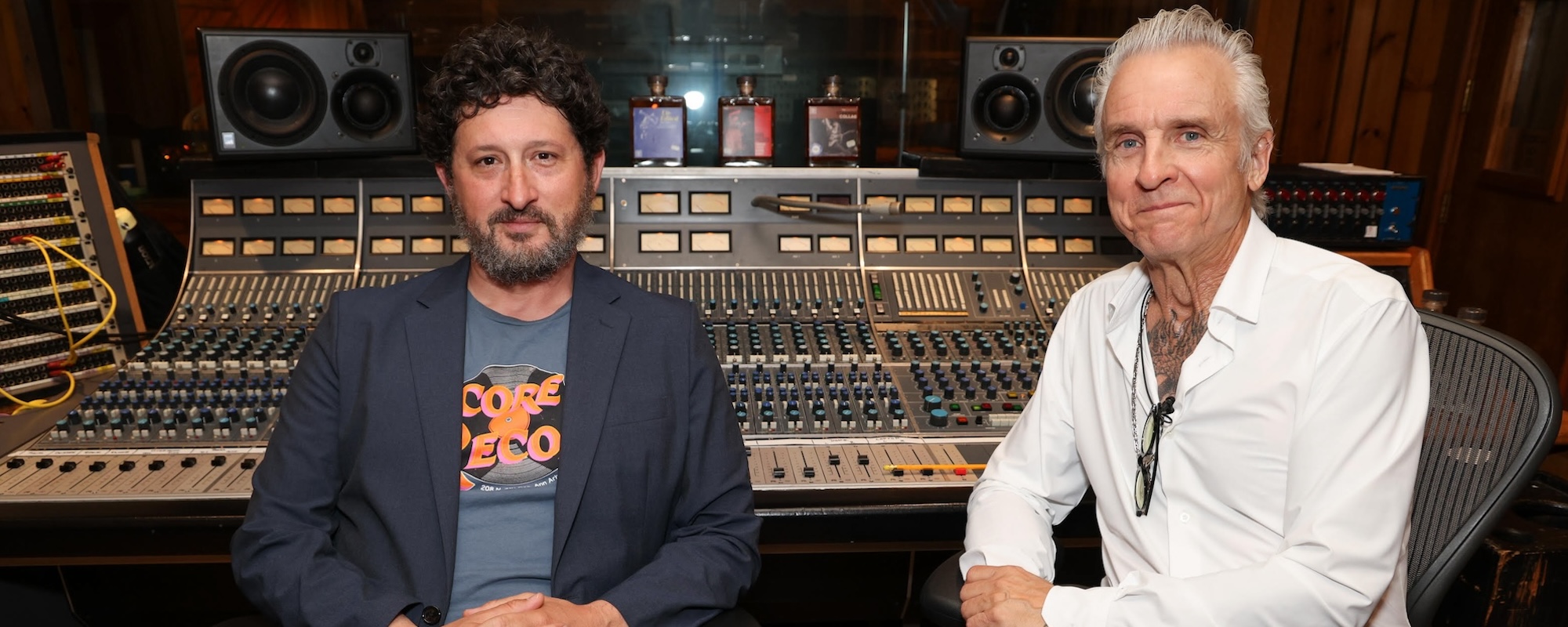
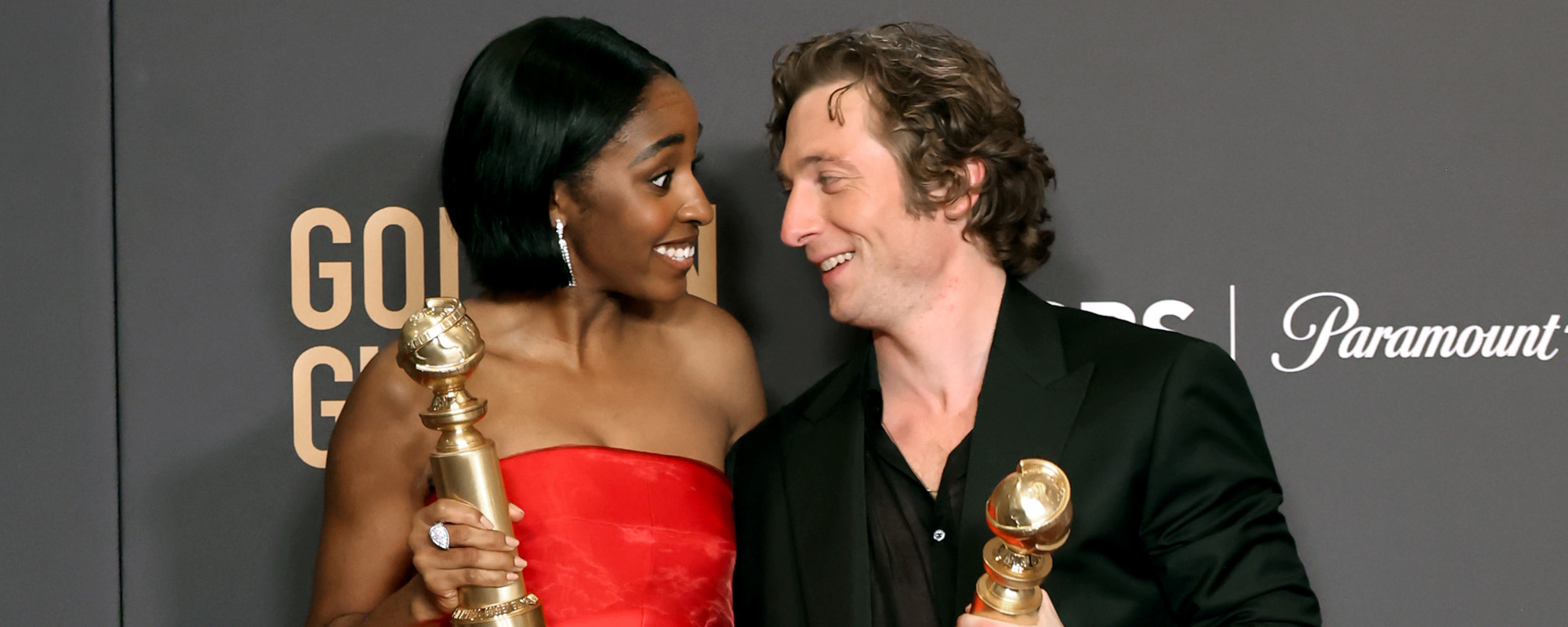
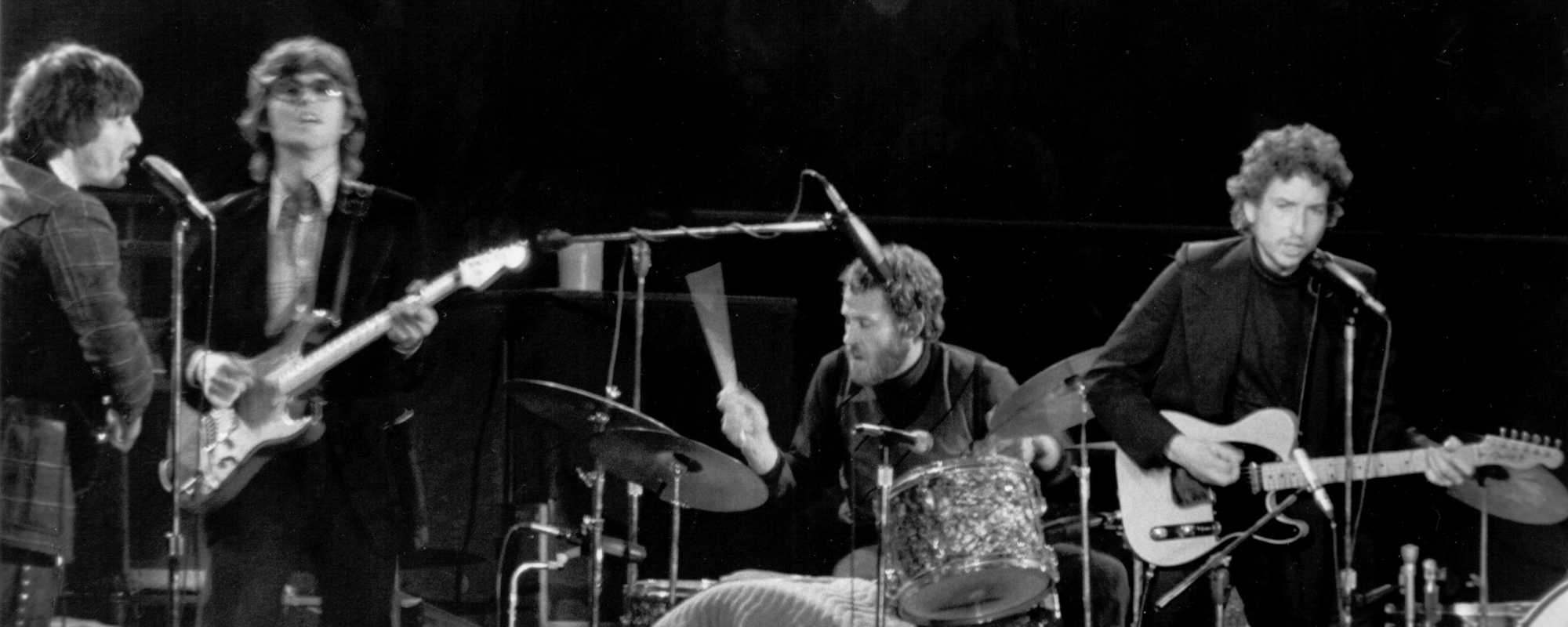
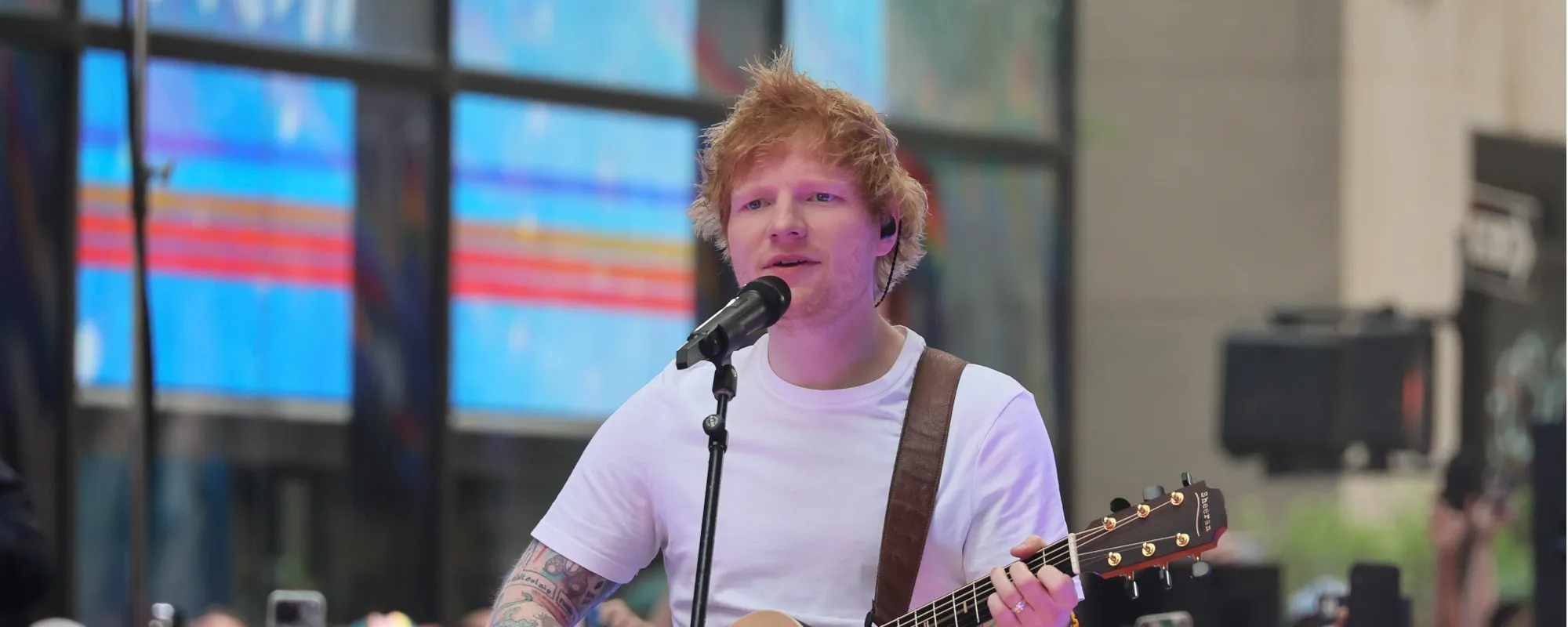





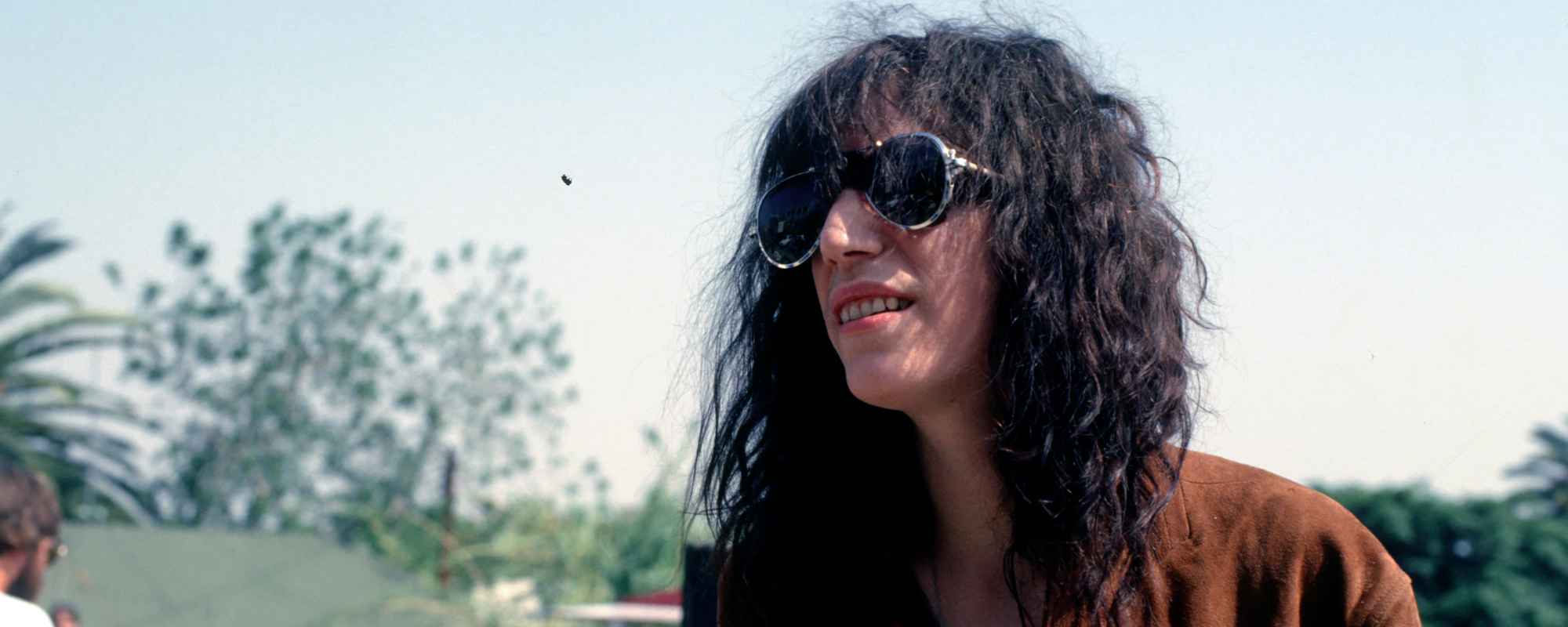
Leave a Reply
Only members can comment. Become a member. Already a member? Log in.